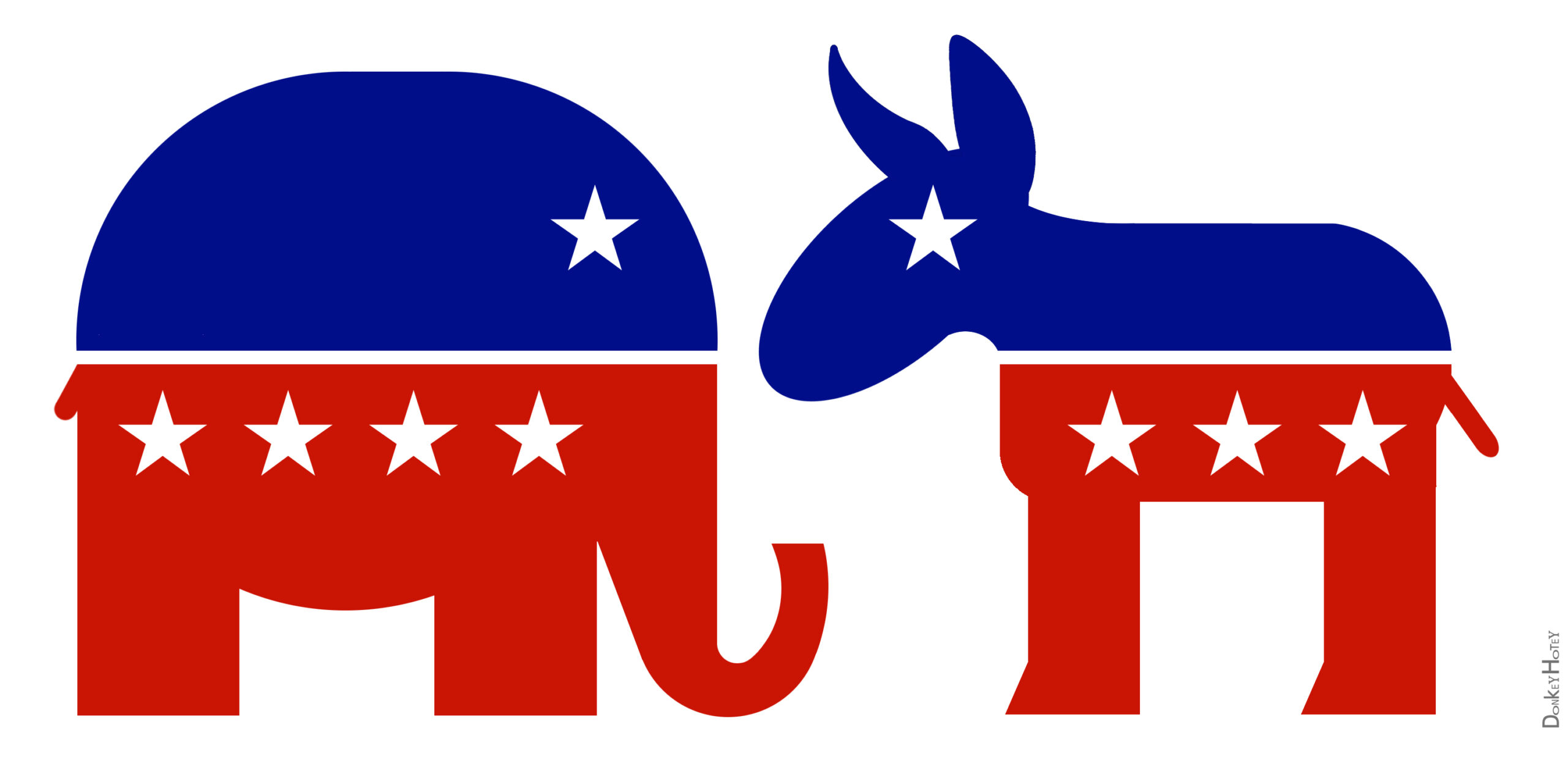Image Credit: DonkeyHotey
The Harvard Kennedy School (HKS) challenges students to “ask what you can do” in honor of the late president for whom the institution is named. While HKS is as diverse as any in America in terms of race, ethnicity, sexual orientation, religion, and life experience, one aspect is sorely missing: diversity of thought.
Rather than an environment of free inquiry and well-informed expression, the culture of HKS does not center on conservative, moderate, or liberal policy ideas but has instead deteriorated into questions of “how liberal are you?” Comments such as, “ICE agents are terrorists,” go unchallenged by both students and professors irrespective of the fact that the men and women who work for ICE are public servants. My classmates and I spent an entire class period discussing the “merits of meritocracy” and “how to engage with those who did not go to Harvard.” HKS is so isolated from mainstream political thought that discussions intended to bridge differences across society serve only to feed an anxious need for self-affirmation.
This polarized and elitist culture could be remedied via a rigorous leadership development program. Yet, leadership training and development does not mean finding the right policy solutions when those solutions are only “right” for the far left. Because HKS is not training students to look at the human experience and see how two people of similar backgrounds could look at an issue completely differently, it is failing to instill empathetic leadership into the next generation of public servants. As a consequence, students are missing an invaluable opportunity to prepare for the challenges they will inevitably face upon graduation. HKS cannot teach one size fits all thinking and expect its graduates to exhibit leadership that transcends political polarization. Rather than breaking down empathy walls, the classrooms of HKS are building them up. Through an institutional culture where no viable policy solutions come from the political right, HKS is preparing students to talk past constituents, not to them.
The fault does not rest entirely with the institution. Most students at HKS cannot fathom how Donald Trump won the 2016 presidential election nor do they want to engage with those who made it happen. Attempts by faculty and staff to bring conservative-leaning voices to campus are met with fierce opposition by a small, but highly vocal minority that claims absolute moral superiority. There was an uproar when the HKS-housed Institute of Politics brought former Republican Senator Jeff Flake on as a resident fellow for the fall 2019 semester. This outrage was replicated more recently when former Speaker of the House Paul Ryan was invited to speak at a virtual Forum event. In these rare events where a conservative-leaning figure speaks publicly at HKS, they are demonized before they take the stage, and regardless of what they say, denigrated once they depart.
If public servants want to be stronger advocates for their beliefs, they need to be both willing and able to stand up to the best counter argument their future political opponents and constituents can muster. Therefore, as students, we have a priceless opportunity to strengthen both our personal and collective capacity for leadership by engaging others who do not agree with our views. We have the luxury of failing inside the walls of HKS in order to succeed when we leave them. By avoiding the opposition, we demonstrate that we are just as partisan as the part of America that we are ignoring.
There are broader social costs from avoiding these moderate and conservative viewpoints. From gun rights in the state of Virginia to COVID-19 restrictions in Michigan, a lack of empathy and an excess of apathy has nearly led to violence on statehouse steps. It has become too easy for people to climb the elite ladder of politics without hearing others’ perspectives.
The real victims of this “us versus them” culture are the citizens that we are ostensibly training to serve. We have to acknowledge that the grievances and pain of those on the right are just as real as those on the left. Within both academia and America writ large, Harvard has been a trendsetter. With polarization afflicting nearly every aspect of American public life, bipartisanship should start at its school for future civic leaders.
Public service does not have to wait until we graduate. It is time for us students to pitch in and do our part. To achieve success, I propose the following: before you pass judgement on another person’s political viewpoint, reach first to learn and understand, rather than to condemn and disparage. See them first as a human or an American, before you jump to conservative or liberal, Republican or Democrat.
The Citizen is the independent, official newspaper of the Harvard Kennedy School. Our mission is to seek the full truth on university and community affairs. In doing so, we challenge assumptions and spark meaningful dialogue on the identity and ideals of HKS. We strive to help the school achieve its own goal: allow people to leave safer, freer, and more prosperous lives.
We are looking for editors for next year, including associate editors and chief editors. If you’re interested in finding out more, e-mail us at the_citizen@hks.harvard.edu, or drop-in to our Zoom info session on June 2nd from 6 pm to 7 pm EST [https://harvard.zoom.us/j/96357592256].
